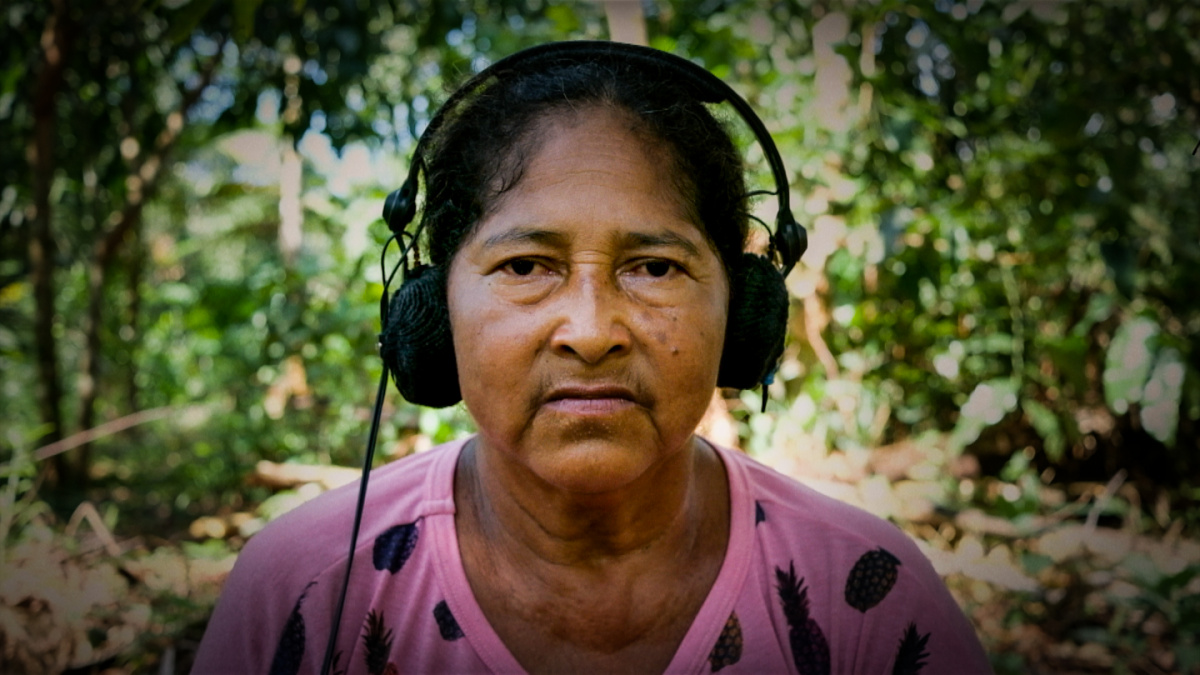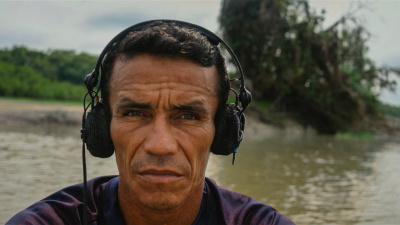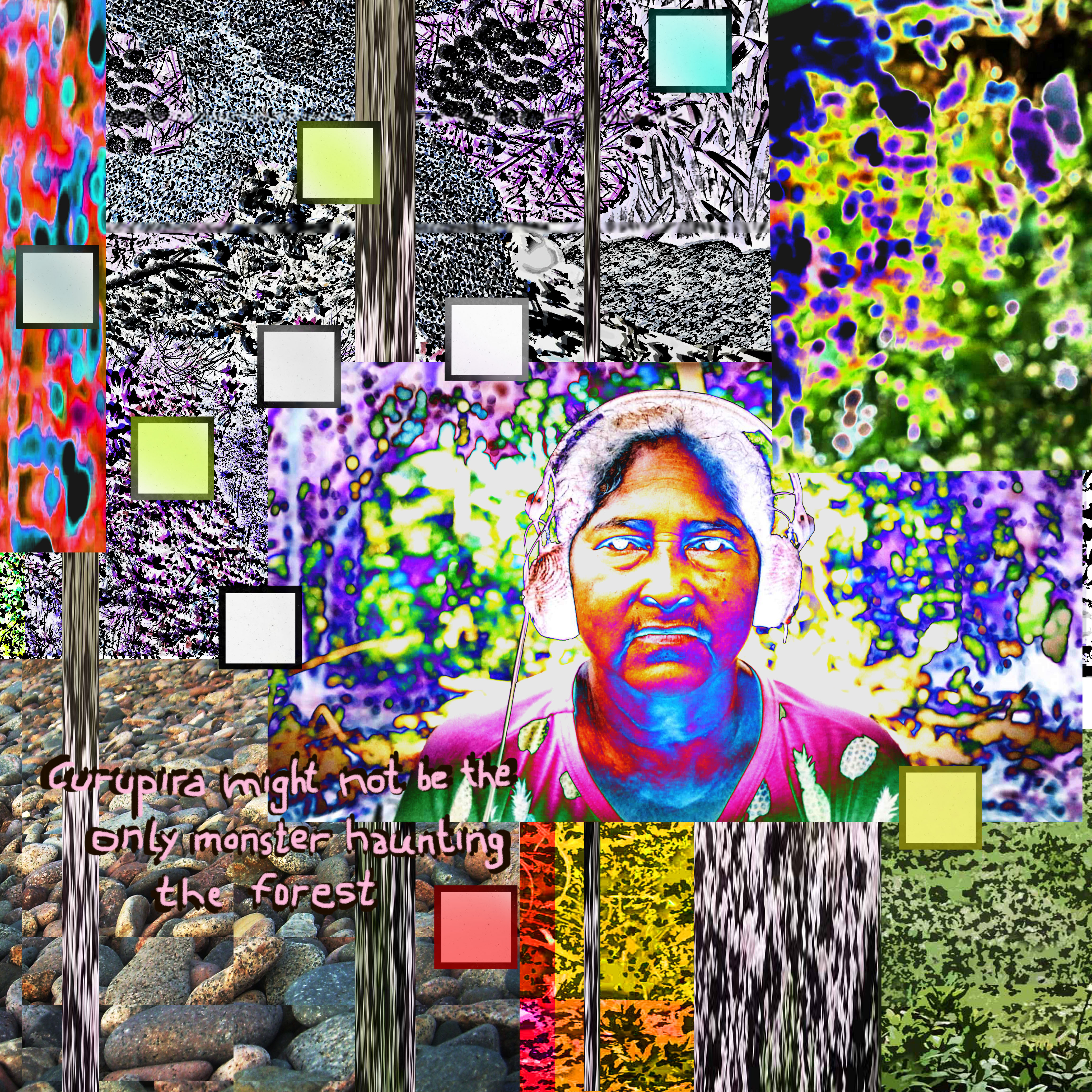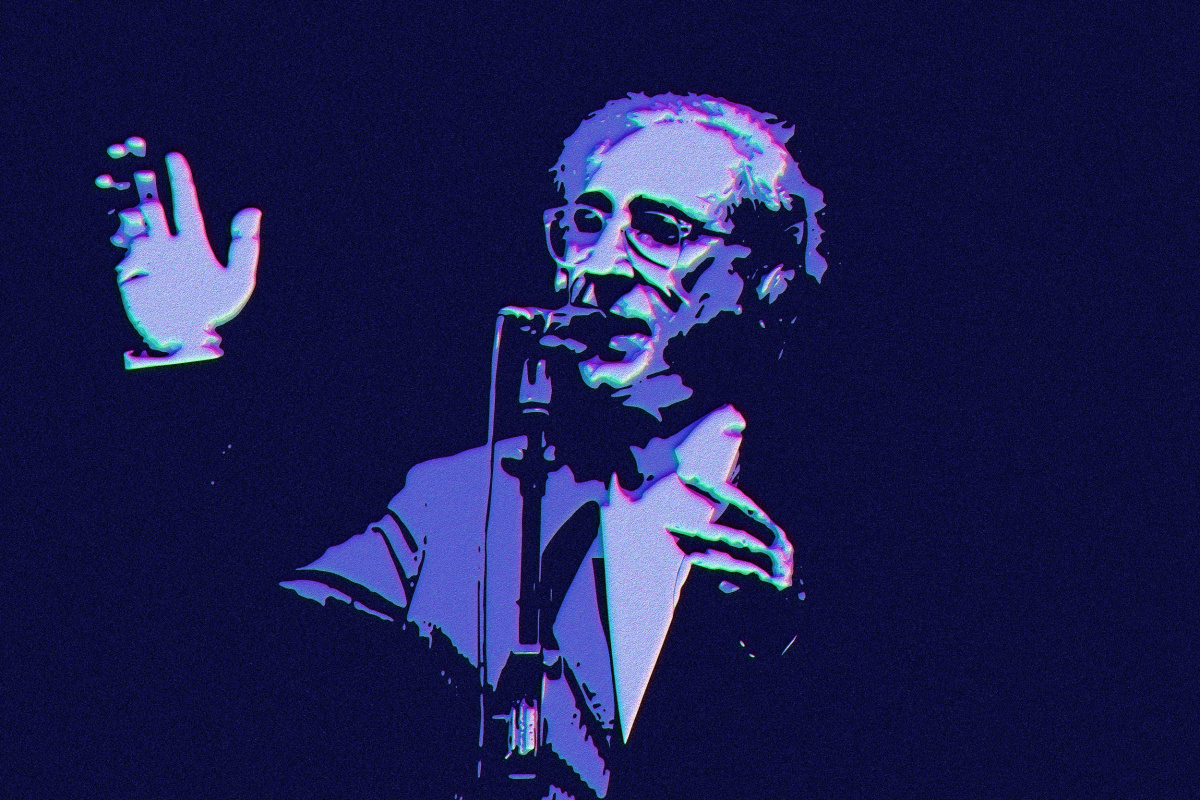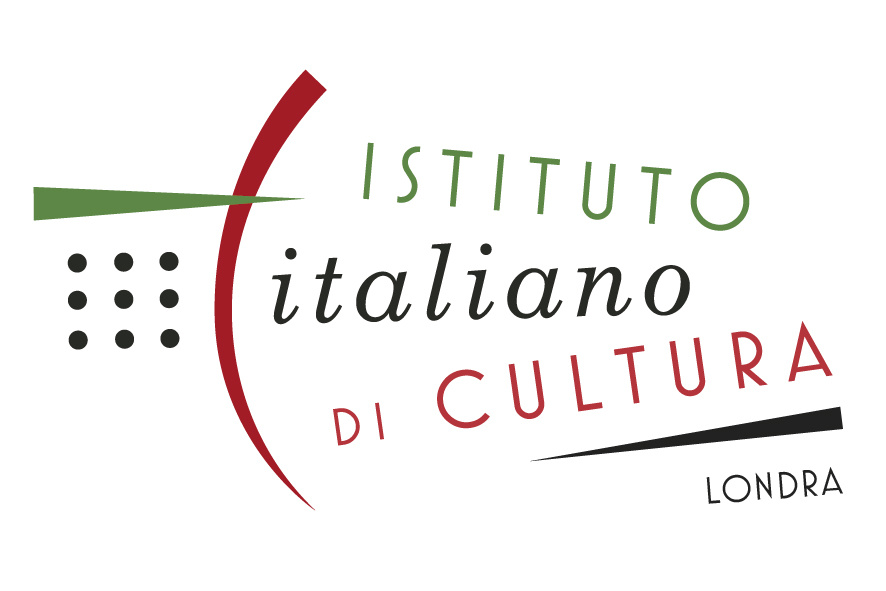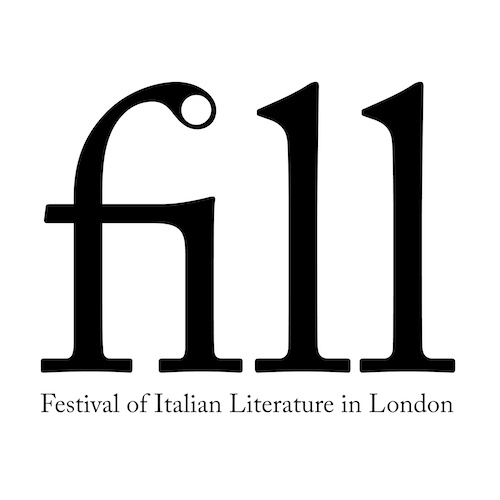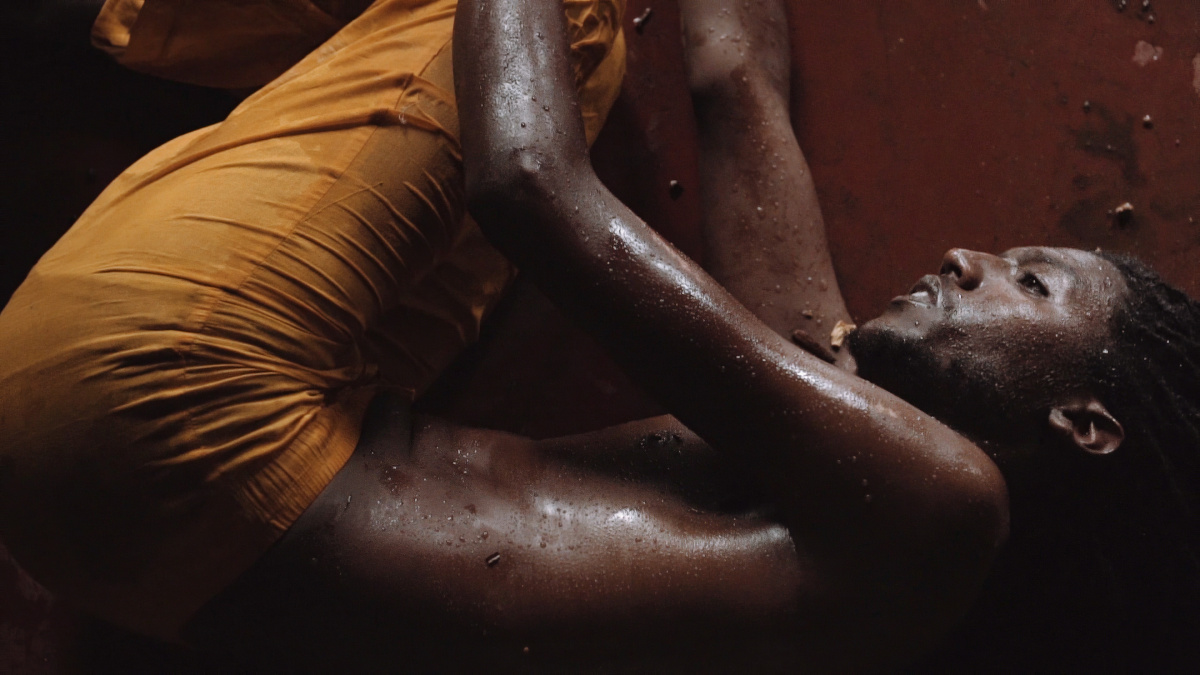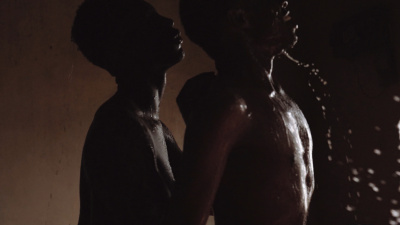London-based Italian writer Marco Mancassola reflects on his personal relationship with the oeuvre of renowned Sicilian art pop musician Franco Battiato: What the musician has vicariously (and unwittingly) passed on to him through his music, his knowledge of Western and non-Western mysticism, and his unique craftsmanship within the Italian music landscape.
They call you Maestro (as in master, teacher) and you surely have taught me some important things. You are not the only one who has taught me those things, but you have done so in a luminous, unparalleled way.
Your name, Franco Battiato, is often associated with categories such as «esoteric pop», «philosophical pop», «experimental pop». But they all sound too niche and open to misunderstanding. Most of your work is pop in the broadest sense; you are among the most successful Italian singer-songwriters of all time. And your work has become widely loved not despite of, but because it is spiritual, intellectual, and experimental. Your work transcends usual oppositions.
I am impossibly grateful to your music, your lyrics. They have been formative in so many ways. Here are a few things they have taught me.
You Have Taught Me what a Pop Song Can Be
At the start of the 1980s, your album La voce del padrone broke every sales record in the Italian charts. It turned out to be perhaps the most important album of pop music ever produced in modern Italy. I still remember, as a seven-year old, seeing you on TV as you performed your anthem «Bandiera Bianca». Little did I understand that the song was full of ironic remarks against both snobbish intellectuals and overly commercial artists, making a case for a new form of pop music.
The album is a blend of styles, with orchestral and electronic elements, opera choirs, and a liberal use of synthesizers that add a bittersweet, at times irreverent touch. It sounded like easy listening and serious music at once. And the lyrics had so many layers. One could enjoy the tracks as bizarre and catchy pop songs, with no need to embrace their different layers of meaning and their often spiritual, transcendental undertext. Yet the transcendental was there and worked like a false bottom in a suitcase, giving the songs their weight, their deep resonance.
I also remember seeing your music video for «Centro di gravità permanente», charmed by those odd dance moves of yours. Back then, I had no idea they were in fact movements of the spiritual dances researched by G. I. Gurdjieff, and that the words of the chorus were a reference to a key teaching in the Gurdjieff school.
Cerco un centro di gravità permanente
che non mi faccia mai cambiare idea sulle cose, sulla gente.
(I’m looking for a permanent center of gravity
so that I’ll never change my mind on things and people.)
It was the start of the 1980s, the postmodern era was raging, everything changing around us. Yet there you were, singing your catchy refrain, both ironic and heartfelt, giving us a glimpse into a spiritual lesson. We all needed to find our inner center, or the time we lived in would soon tear us apart.
It is no secret that in pop music, if one pays attention, there emerge all sorts of spiritual, transcendental, sometimes religious undertones. But what you did was more than that. You were not just the latest popstar who was born again or converted to some esoteric cult. You were an intellectual, fluent in several languages including Arabic, a reader of Sufi poetry, of Christian mystics and Buddhist texts, a scholar in Gurdjieff teachings, a committed explorer of spiritual traditions. You were out on a big quest. You also combined a background in progressive rock and highbrow experimental music with a profound understanding of pop. You were some kind of erudite mystic, not shunning contemporaneity but closely observing it.
You Have Taught Me how to Pray
Your career spans from before the 1980s to far beyond them. It is interesting though to look at how the interplay between pop and transcendental evolved in your music over the course of that decade, from the coded spiritual messages in La voce del Padrone to the more explicit spirituality of the following works, up to the poignant metaphysical meditations in Fisiognomica (1988) and in your albums of the early 1990s.
I remember the period when I used to endlessly listen to your 1980s album. The soothing, never-ending marvel of their lyrics. Many of them didn’t follow a typical song structure: They weren’t telling a story, but rather resembled a cut-up of freely-associated thoughts. Eventually it dawned on me that they were mimicking what happens in one’s mind during a meditation session: An internal noise of thoughts, personal memories, pop culture references, literary references, repetitions. It was the noise of the postmodern era. But also, the stream-of-consciousness of a mind that was observing itself, trying to calm itself, and being pierced by sudden mystical or philosophical insights. In your interviews, you made no secret about your daily meditation practice. Your song «New Frontiers» (1982) ended with one of your most iconic lines:
Le pareti del cervello non hanno più finestre.
(The walls of the brain have no windows left.)
Did it mean that our human brain was becoming blind, fogged by an era of cheap hedonism and mass distraction? Or rather that your mind (thanks to meditation) was finally clear, free of distractions?
In the following years, it sounded as if the meditation was successful. The noise was calming down. The music becoming less pop, less electronic, leaving room for contemplative atmospheres closer to classical music. «L’oceano di silenzio» (1988) started like this:
Un oceano di silenzio scorre lento
senza centro né principio.
Cosa avrei visto del mondo
senza questa luce
che illumina i miei pensieri neri.
(An ocean of silence slowly flows
without a center or beginning.
What would I have seen of the world
without this light
illuminating my black thoughts.)
Now it was time for your songs to move into another realm; to evolve into beautiful, majestic prayers. «L’ombra della luce» (1991):
Riportami nelle zone più alte,
in uno dei tuoi regni di quiete.
È tempo di lasciare questo ciclo di vite.
E non abbandonarmi mai.
Non mi abbandonare mai.
(Take me back to the highest places
to one of your realms of stillness.
It is time to leave this cycle of lives.
And please never leave me.
Never leave me.)
There was no easy new agey fix in your songs, nor any anti-scientific nonsense. Nor were there the precepts of organized traditional religions. You seemed not interested in religion or in preaching for any specific God. What you seemed interested in was a wider sense of the sacred, the one that was fading in the world around us.
You Have Taught Me what a Love Song Can Be
Your love songs too sound like prayers, infused with a recognizable streak of Sufi mysticism. In Sufi poetry, human and mystical love are impossible to tell apart. Sufi poets knew that mysticism always has a sensual, longing side, while human love, including the most sensual one, always hides a quest for the transcendental.
Your most sexually explicit song, «Sentimiento Nuevo» (1981), seems to address physical love as the tip of a joyful metaphysical experience. «E ti vengo a cercare» (1988) became one of the most beloved Italian love songs ever, and can be construed either as an affecting hymn for a lover, or for a spiritual teacher, or for an unnamed divine entity. The sublime orchestral arrangement works well for all cases, as well as the sublime lyrics.
E ti vengo a cercare
… perché ho bisogno della tua presenza
per capire meglio la mia essenza.
(And I come searching for you
… because I need your presence
to better understand my essence.)
Eight years later, when «La cura» (1996) was released, for months the whole country was humming it. It sounded like a perfect, melodic love song about a lover promising impossible things to their special one.
Supererò le correnti gravitazionali,
lo spazio e la luce per non farti invecchiare
… perché sei un essere speciale
ed io, avrò cura di te.
(I will overcome the gravitational currents
and space and light, so that you never age
… because you are a special being
and I will take care of you.)
A song that sounded in fact like a prayer, or rather a reversed prayer, from a non-denominational God to a human being who is inherently in need of cura, care. The whole country was crazy for that song. Every interviewer asking you to explain its meaning, whether it was a love song for someone special or what, you eschewing the questions with your gentle smile. That year, you made us a country of unknowing mystics.
You Have Taught Me a Way to Be Italian
Despite all I have described, your songs are anything but otherworldly. They are dotted with references to the sensuality of life, a sensual Mediterranean life. Often, with remarks on contemporary culture and politics. The truly spiritual is never disjointed from the political. Your political lines can be witty, or sometimes enraged as in «Povera patria» (1991), your song-diatribe written at the height of a season of political corruption and mafia crime in Italy.
But this is not the only element that makes your songs distinctively Italian. Although they include frequent sentences in other languages, and versions of your albums have been released in Spanish and English, there is something in your lyrics that doesn’t entirely translate. Like in all great poetry, the full spectrum of their meanings is entangled with their original language.
Entangled in the Italian language is also your mix of humor, metaphysical seriousness, and lyrical depth. Something in your songs seems to speak to the complexities of Italian psychology. And as a boring, literal, irony-deprived Northern Italian, I have always felt attracted (and puzzled) by your Sicilian detachment, by your ability to be austere and playful at the same time. As if each one of your songs was saying: «Believe in what I say. Or maybe don’t.»
You have never tried to be a guru. Never wanted to fully explain your work. I guess there is no other way to talk and sing about spirituality other than by acknowledging the ineffable. Of course, I still have so many questions. In your most obscure (psychedelic?) lines, were you serious or were you making fun of a certain Italian love for abstract language? Are my musings on your work any good or are they just projections of my un-centered self? Are there meanings to your music that I have yet to pick up? And do I really want you to answer, after all?
